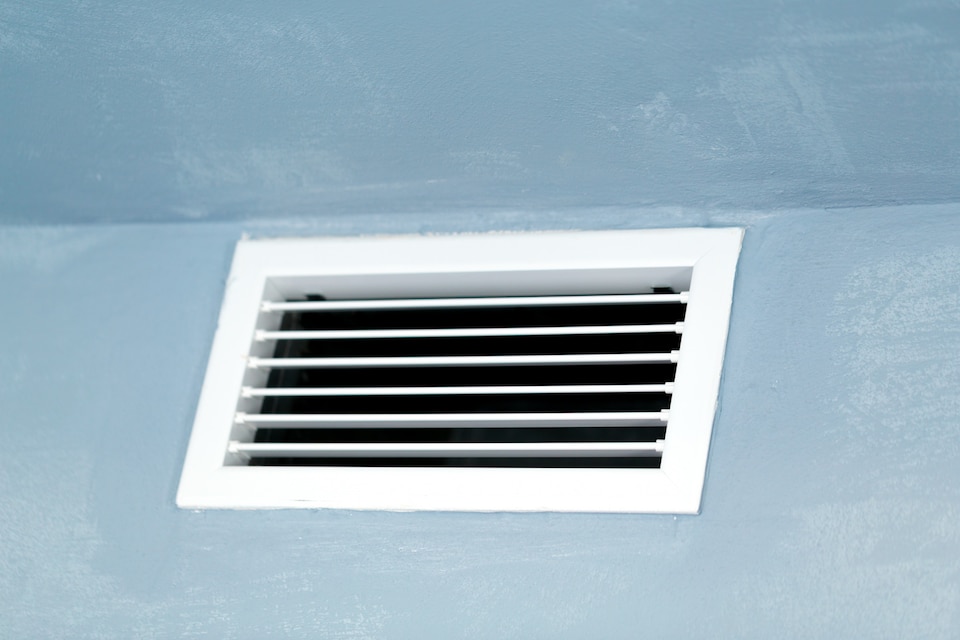Choosing the right heater replacement for your home is a crucial decision that impacts your comfort and energy bills. With many options available, it’s essential to weigh your needs and preferences carefully. This guide will help you understand what to consider when replacing your heater, ensuring you make an informed choice.
Consider Your Home’s Heating Needs
When considering heater replacement, evaluating your home’s specific heating needs is crucial. Different factors can significantly impact the type and size of the heater best suited for your home. Start by assessing the size of your home. Larger homes often require heaters with greater capacity, while smaller homes might manage well with more compact units.
Room count is another essential factor. Homes with many rooms may need a central heating system that can distribute warmth evenly throughout the house. Conversely, smaller homes or spaces may benefit from zone heating, which uses multiple smaller units to heat specific areas.
Climate also impacts your heating needs. In areas with mild winters, a less powerful heater may suffice. However, homes in colder climates will need more robust heating systems to maintain a comfortable environment during the winter months.
Another crucial consideration is your home’s insulation. Well-insulated homes retain heat better, reducing the workload on your heater. If your home has poor insulation, you may require a more powerful heating unit or consider improving your insulation before investing in a new heater.
Evaluate Different Heater Types
Choosing the right type of heater is essential when considering a heater replacement. Various heaters have unique advantages and disadvantages, making them suitable for different needs. Understanding these types can help you make an informed decision:
1. Gas Furnaces: Gas furnaces are known for their efficiency and powerful heat output. They are ideal for larger homes and colder climates. However, they require access to a natural gas line and regular maintenance to ensure safe operation.
2. Electric Heaters: Electric heaters are versatile and easy to install. They are suitable for smaller homes or as supplementary heating units. While they are generally less powerful than gas furnaces, they are a good option for mild climates.
3. Heat Pumps: Heat pumps can provide both heating and cooling, making them a versatile choice. They work by transferring heat from outside to inside during winter and vice versa in summer. Suitable for moderate climates, they offer energy efficiency but may be less effective in extremely cold temperatures.
4. Boilers: Boilers use water to distribute heat throughout the home via radiators or underfloor heating systems. They are efficient and provide even heating but require a water source and can be more complex to install and maintain.
5. Ductless Mini-Splits: These systems offer flexibility by allowing for zoned heating. They are perfect for homes without existing ductwork or for adding heating to specific areas. They are energy-efficient and easy to install but can be more expensive upfront.
Review Energy Efficiency Options
When considering a heater replacement, reviewing energy efficiency options is essential. An energy-efficient heater can reduce your utility bills and minimize your environmental impact. Here are some important factors to consider:
1. Energy Star Ratings: Look for heaters with Energy Star ratings, which indicate high energy efficiency standards. These units use less energy to produce the same amount of heat, helping you save on utility bills.
2. AFUE Ratings: The Annual Fuel Utilization Efficiency (AFUE) rating measures a furnace’s efficiency in converting fuel to heat over a year. Higher AFUE ratings mean greater efficiency. Choose heaters with high AFUE ratings to maximize energy savings.
3. Variable Speed Blowers: Heaters with variable speed blowers adjust the airflow based on your home’s heating needs. This feature improves efficiency and provides more consistent temperatures.
4. Programmable Thermostats: Pairing a programmable thermostat with your heater allows for more precise temperature control. You can set different temperatures for different times of the day, reducing energy waste when heating is not needed.
5. Insulation and Sealing: Ensure your home is well-insulated and that leaks are sealed. Proper insulation keeps warm air inside and reduces the workload on your heater. This simple step increases overall efficiency and comfort.
Consult with Professionals for the Best Recommendations
Consulting with professionals is a crucial step in choosing the best heater replacement. Our professionals can provide expert advice based on your specific needs and ensure you make an informed decision. Here’s how consulting with our professionals can benefit you:
1. Expert Assessment: Our professionals conduct a thorough assessment of your home to determine the most suitable heater type and size. They consider factors like your home’s layout, insulation, and existing ductwork to recommend the best options.
2. Customized Solutions: Every home is unique. Our professionals offer customized solutions tailored to your heating needs. Whether you need a central heating system or zoned heating, they provide options that match your requirements and preferences.
3. Installation Quality: Proper installation is essential for optimal performance and efficiency. Our technicians ensure your heater is installed correctly, minimizing potential issues and maximizing efficiency.
4. Ongoing Support: Post-installation support is vital for maintaining your heater’s efficiency. Our professionals offer maintenance services to keep your system running smoothly, prolonging its lifespan and ensuring consistent performance.
5. Safety Considerations: Heater installation involves handling gas lines, electrical wiring, and ventilation systems. Our trained technicians ensure all safety protocols are followed, reducing the risk of accidents or malfunctions.
Conclusion
Choosing the best heater replacement involves careful consideration of your home’s heating needs, evaluating different heater types, reviewing energy efficiency options, and consulting with professionals. By understanding these key factors, you can make an informed choice that ensures comfort, efficiency, and reliability.
At One Hour Heating & Air Conditioning, our professionals are ready to assist you in selecting and installing the perfect heater for your home. With expert assessments, customized solutions, and ongoing support, we guarantee a seamless heater replacement in Balch Springs. Contact us today to schedule a consultation and keep your home warm and comfortable all year round!











